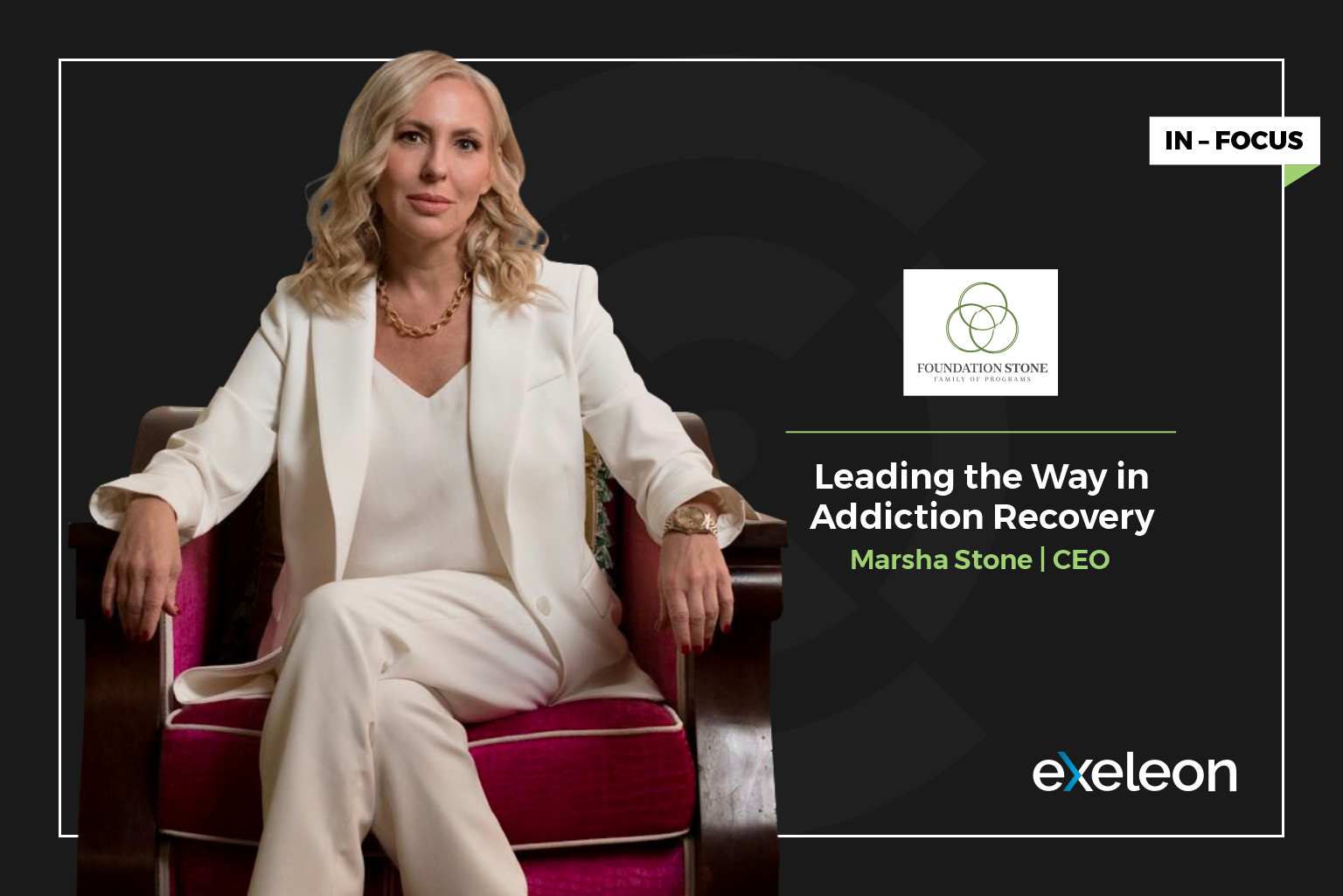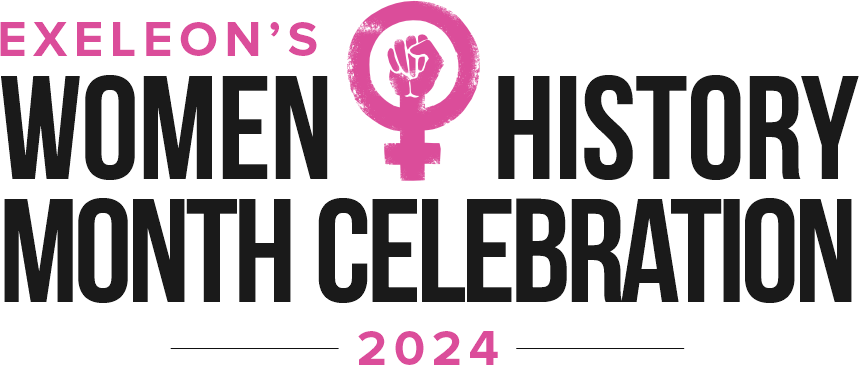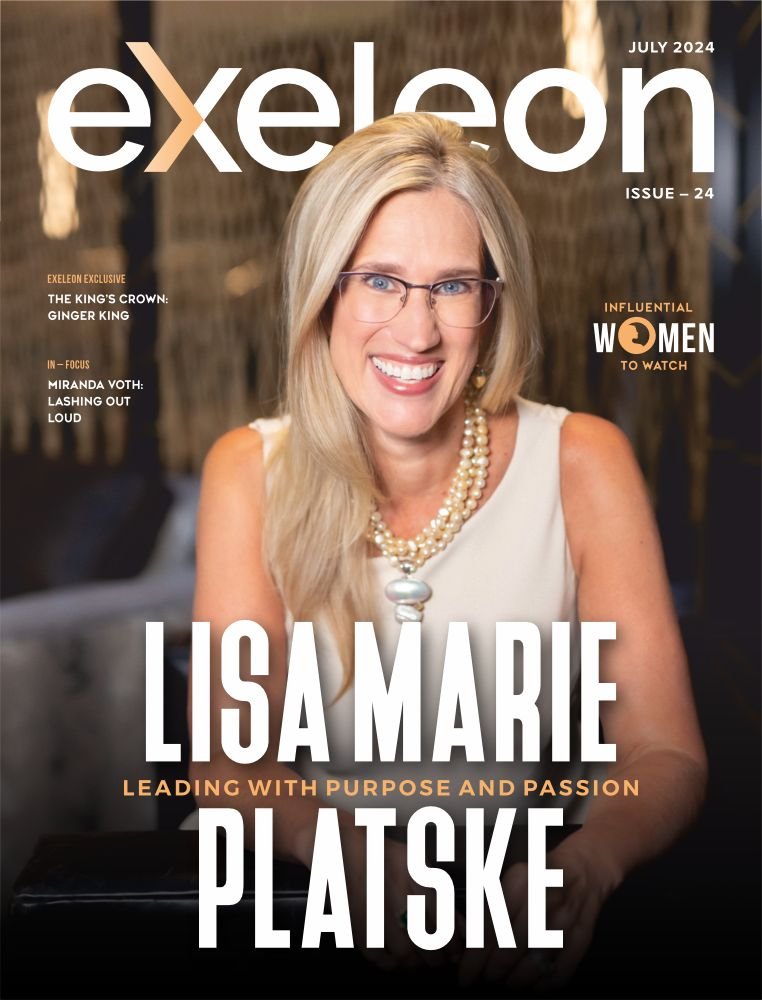
As the CEO of the Foundation Stone Family of Programs, Marsha Stone shares her personal journey through addiction and recovery, shedding light on the challenges she faced as a single mother of three while navigating law school.
As a leader in this male-dominated sector, Marsha also discusses the unique challenges and opportunities she has encountered in her leadership role. Through her candid reflections and advice, Marsha offers hope and guidance to individuals currently facing addiction and mental health challenges, while outlining her future aspirations for the Foundation Stone Family of Programs.
Can you share a bit about your personal journey with addiction and recovery, especially during your time in law school and the challenges you faced as a single mother of three?
Reflecting on my law school days as a single mom with three kids, I felt like I was constantly in the eye of a storm. A glass of wine here and there seemed harmless at the time. Everyone around me was doing it, and I was trying to keep up with my studies while raising my kids. I didn’t really know much about alcoholism, the genetics of it, or how stress and trauma could make things worse. I kept telling myself, “It’s not a big deal. I’ll get it under control once I’m done with school.”
Before I knew it, I was caught in this cycle where any excuse was good enough for a drink, whether I was having a bad day or celebrating something. I didn’t see the trap I was walking into until I was already in too deep, drinking daily and watching it mess up my work and my relationships with people.
My real wake-up call came after a series of tries and failures. Starting in 2002, it was like I was on this merry-go-round of treatment, detox, and then falling right back into it. It was rough, dealing with the shame and seeing how my struggles were wearing on everyone around me.
But something clicked in 2008. I was just fed up with the whole cycle and realized if I didn’t make some serious changes, it was only going to get worse. That’s when I decided to give the treatment another shot, and this time, it stuck. I haven’t touched a drink since coming out of that last treatment, and while I’m super proud of how far I’ve come, it was just the start of a whole new journey for me in understanding and working within the treatment industry.
Talk to us about Foundation Stone Family of Programs. How did your experiences in the treatment industry shape the vision for this organization?
Foundation Stone began after I had a 10+ year career of developing programs for substance use disorder. Over time, my team and I began to recognize that mental health, trauma, personality disorders, etc., were becoming more and more prevalent in cases where someone was also suffering with substance use disorder. The term for this is co-occurring disorders, and over time we began to be more aware of the complexities, the clinical complexities of cases.
And when we made the decision to start a new program, we decided that from the very beginning we were going to collaborate more and not look at different diagnoses or different behavioral issues in a silo. I think it’s important that as our understanding of substance use disorder and mental health continues to develop over time, that we become accustomed to evolving and updating our programs and our policies.
Being one of the few female CEOs in the recovery industry, what insights can you share about your experiences and challenges in this leadership role?
Navigating the male-dominated behavioral health industry as a female CEO has its challenges, but it’s also opened a lot of doors that were once closed to me. It’s so important for women to recognize their potential to lead, especially as personal experiences may uniquely position them to excel in certain areas.
My approach has been to stay true to my values and insights into business dynamics and relationships. The journey to leadership as a woman can be long and at times isolating, but finding and nurturing a supportive team is key. Building loyalty within these relationships is essential, as it can be tough being one of the few women in the room.
Reflecting on your entire journey, what advice would you give to individuals currently facing challenges with addiction and mental health?
One of the main principles involved in the recovery process is honesty. Honesty can be especially difficult when you’re dealing with intimate parts of your life and people close to you, because prior to recovery, most people spend a lot of time making excuses, deflecting, or trying to hide their struggles from people that are up close and personal with you every day. So, to really begin to live a life that is based in authenticity and honesty and transparency, being able to be honest about your own desire to participate in recovery, is something that I would recommend early on.
You also need to remember that your recovery and your sense of self is safe and supported, whether it is completely applauded by everyone. I think that the most important thing that I would suggest, based on the people who I have seen to be the most successful over time, is to find a support system and process that works for you. There are as many ways to recover and as many ways to do relationships as there are colors in the rainbow. Some people that are in long-term recovery never go to 12 steps. Instead, they go to yoga five days a week, or they go to church, or run marathons. I’m not a person that would ever fault someone for finding a different path that helped them to get into recovery and to really have a better relationship with themselves and their families.
Having created the Foundation Stone Family of Programs, what are your future aspirations in terms of helping individuals struggling with mental health and addiction?
When we opened our Foundation Stone Family of Programs, we always knew that we wanted to be in the business of helping people. At both Amend Wellness and The Pearl, we continue to expand our services and evolve our offerings to include holistic practices and wellness programs.
Since opening last year, our Foundation Stone family has expanded, and the bonds we’ve formed with our clients, partners, and the broader community have become the cornerstone of our mission. We are eager to expand our network of programs to become not just treatment centers, but a community dedicated to transformation and recovery.
Read Digital Version of the Issue.










